Russia urges WADA to explain doping issue
Updated: 2016-03-11 09:44
(Xinhua)
|
||||||||
MOSCOW - Russian Foreign Minister Sergei Lavrov on Thursday said that Russia needed an explanation from the World Anti-Doping Agency (WADA) regarding recent doping cases.
"The latest situation leads to many questions. There has been a downpour of bans and accusations against our leading, great athletes," Lavrov said during interview with Russia's REN TV Channel.
The WADA added mildronate, also known as meldonium, to the prohibited list on Jan 1. The drug is used to treat diabetes and low magnesium.
"It happened despite the fact that meldonium was used as an ordinary medication for decades, which all athletes and people with cardiovascular problems were free to use. All of a sudden it was declared as a doping formula," Lavrov said.
During an interview with Russian media Vesti.ru on Wednesday, developer of meldonium Ivars Kalvins claimed that the substance could not help athletes to perform better, but rather aimed to protect their health.
Lavrov claimed that none of the professional and public judgements regarding WADA's decision was replied by the organization.
"We would like to have professional and honest cooperation (with WADA) without any slogans or attempts to usurp scientific truth and medical knowledge," Lavrov said.
Earlier in the day, Sports Minister Vitaly Mutko urged Russian law enforcement agencies to carry out administrative investigation about recent doping cases.
"Meldonium is banned. This means that we should no longer use it," Mutko said. "I do hope that all these cases will force the athletes and federations to avoid using this formula."
He added that it is possible to make some legal amendments, while criminal responsibility will be expanded possibly.
"For now administrative punishment should certainly be introduced," Tass news agency quoted Mutko as saying.
Russian's lower parliament house, State Duma, in February held a meeting discussing the possibility of introducing criminal punishment for the violation of anti-doping rules.
Currently one article in Russia's Administrative Offense Code stated that the administration of prohibited substances to an athlete by a coach, a specialist in sports medicine or any other specialist in the field of physical culture and sports would be punished by disqualification, namely denial of license, for one year or two years if it does not involve a criminal offense.
Meanwhile, a separate law on physical culture and sports entitles Russian Sports Ministry to impose sanctions on people administering banned substances to athletes.
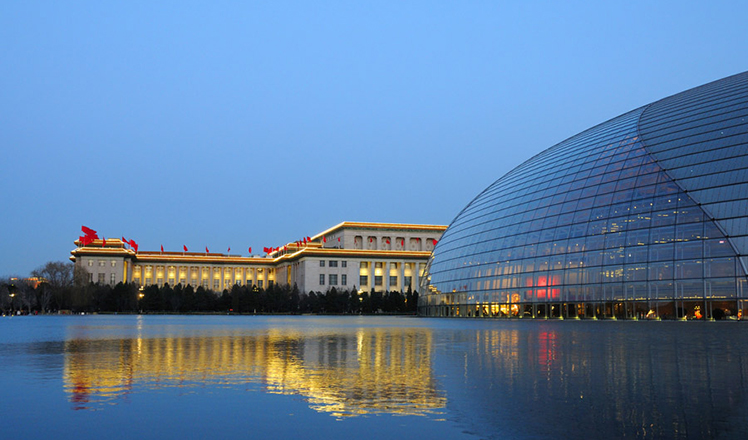
 Beijing sees blue sky during the two sessions
Beijing sees blue sky during the two sessions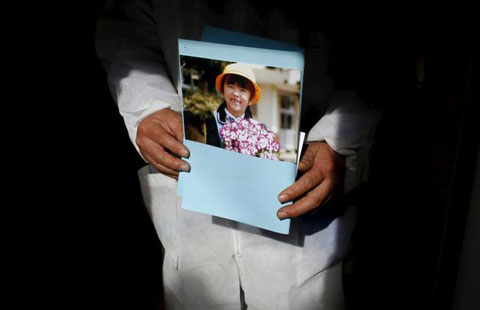
 Fukushima five years on: Searching for loved ones
Fukushima five years on: Searching for loved ones
 Robots ready to offer a helping hand
Robots ready to offer a helping hand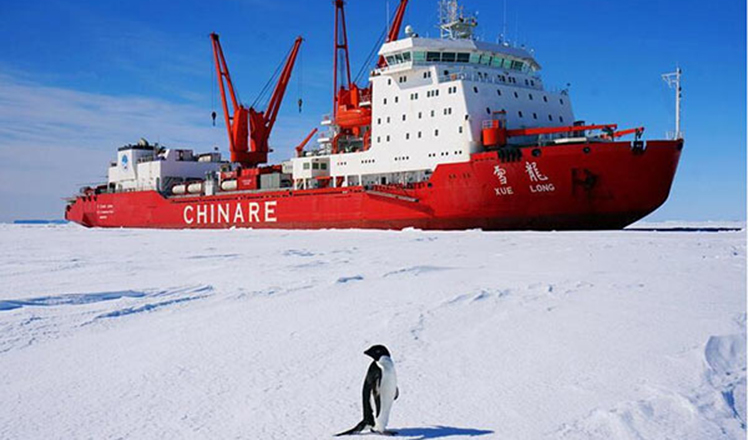
 China to bulid another polar ship after Xuelong
China to bulid another polar ship after Xuelong
 Top 10 economies where women hold senior roles
Top 10 economies where women hold senior roles
 Cavers make rare finds in Guangxi expedition
Cavers make rare finds in Guangxi expedition
 'Design Shanghai 2016' features world's top designs
'Design Shanghai 2016' features world's top designs
 Cutting hair for Longtaitou Festival
Cutting hair for Longtaitou Festival
Most Viewed
Editor's Picks

|

|
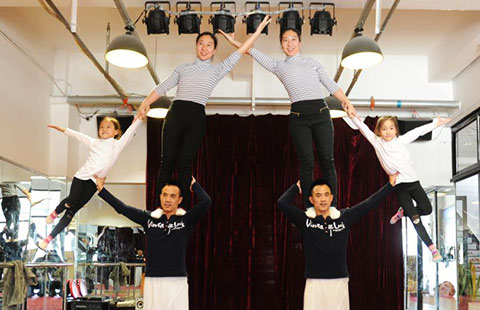
|
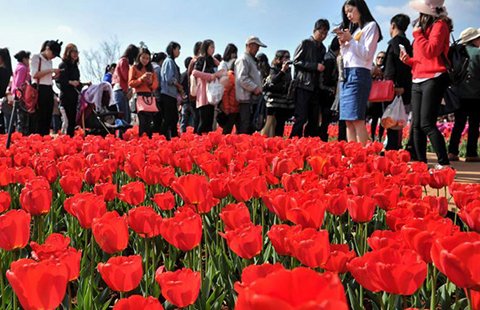
|

|

|
Today's Top News
What ends Jeb Bush's White House hopes
Investigation for Nicolas's campaign
Will US-ASEAN meeting be good for region?
Accentuate the positive in Sino-US relations
Dangerous games on peninsula will have no winner
National Art Museum showing 400 puppets in new exhibition
Finest Chinese porcelains expected to fetch over $28 million
Monkey portraits by Chinese ink painting masters
US Weekly

|

|







